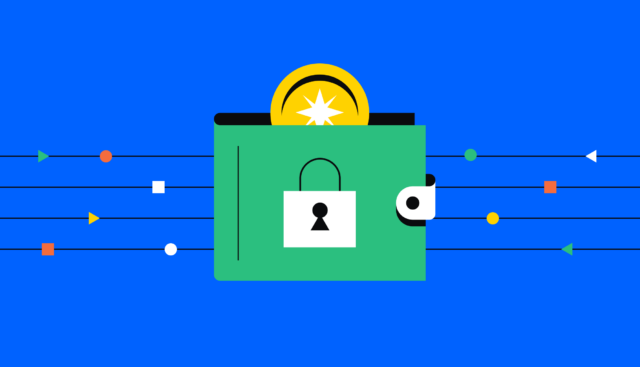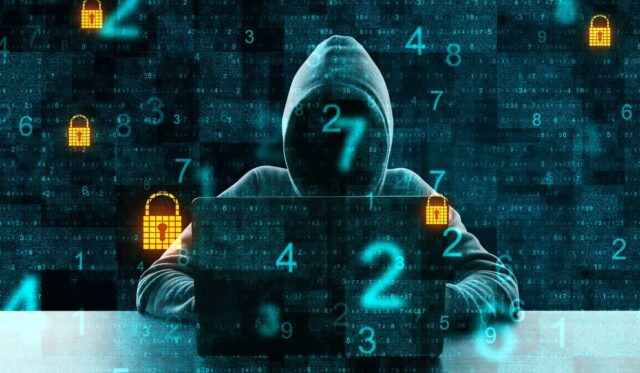It’s no secret that digital assets have become a popular asset class among investors. With the surge in crypto-assets, so has the need for secure self-custody wallets that can securely store these assets and prevent them from being hacked by malicious actors. But can they be hacked?
This is a question many people are asking as the security of their funds continues to be top of mind for anyone looking to buy, sell or trade cryptocurrencies in 2024.
In this blog post, we will explore this question in-depth and provide a guide for what to look for when it comes to choosing a secure wallet.
What is a Self-Custody Wallet?
A self-custody wallet is a digital wallet that allows you to store, send, and receive cryptocurrency without the need for a third-party custodian. This means that you are in control of your own private keys and can choose to store them either on your own computer or on a hardware device like a USB drive.
While they offer a high degree of security, they are not immune to hacking. In fact, any type of wallet can be hacked if the user does not take proper precautions. That being said, they are generally considered to be much more secure than custodial wallets since the user is in control of their own private keys.
How to Choose a Self-Custody Wallet?

There are many different types of self-custody wallets available on the market today, and choosing the right one for your needs can be a difficult task. Here are some things to consider when choosing it:
– What type of assets do you want to store? There are wallets designed for specific types of assets, such as Bitcoin or Ethereum. Make sure the one you choose supports the assets you want to store.
– How much security do you need? Some offer more security features than others. If you’re storing large amounts of assets in your wallet, you’ll want to choose the one with robust security features.
– How user-friendly is the wallet? Some can be complex and difficult to use. If you’re not comfortable using complex software, look for a wallet that is easy to use and has a good user interface.
– What type of support does it offer? Make sure the wallet you choose has good customer support in case you have any questions or issues.
– What are the fees associated with the wallet? Some charge fees for certain types of transactions, such as sending and receiving funds. Make sure you understand all of the fees associated with using a particular wallet before making your decision.
Can Self-Custody Wallets Be Hacked?

There are a few ways that hackers can gain access to a self-custody wallet, but the most common is through phishing attacks. Phishing attacks occur when a hacker impersonates a trusted website or individual in order to trick the user into entering their credentials.
Once the hacker has the user’s credentials, they can then log in to the wallet and access the funds. They can also be hacked if the user fails to properly secure their device or if they download malicious software.
In conclusion, they can be hacked, but it is not as common as people think. By using strong passwords, two-factor authentication, and other security measures, users can greatly reduce the chances of their wallets being hacked.







